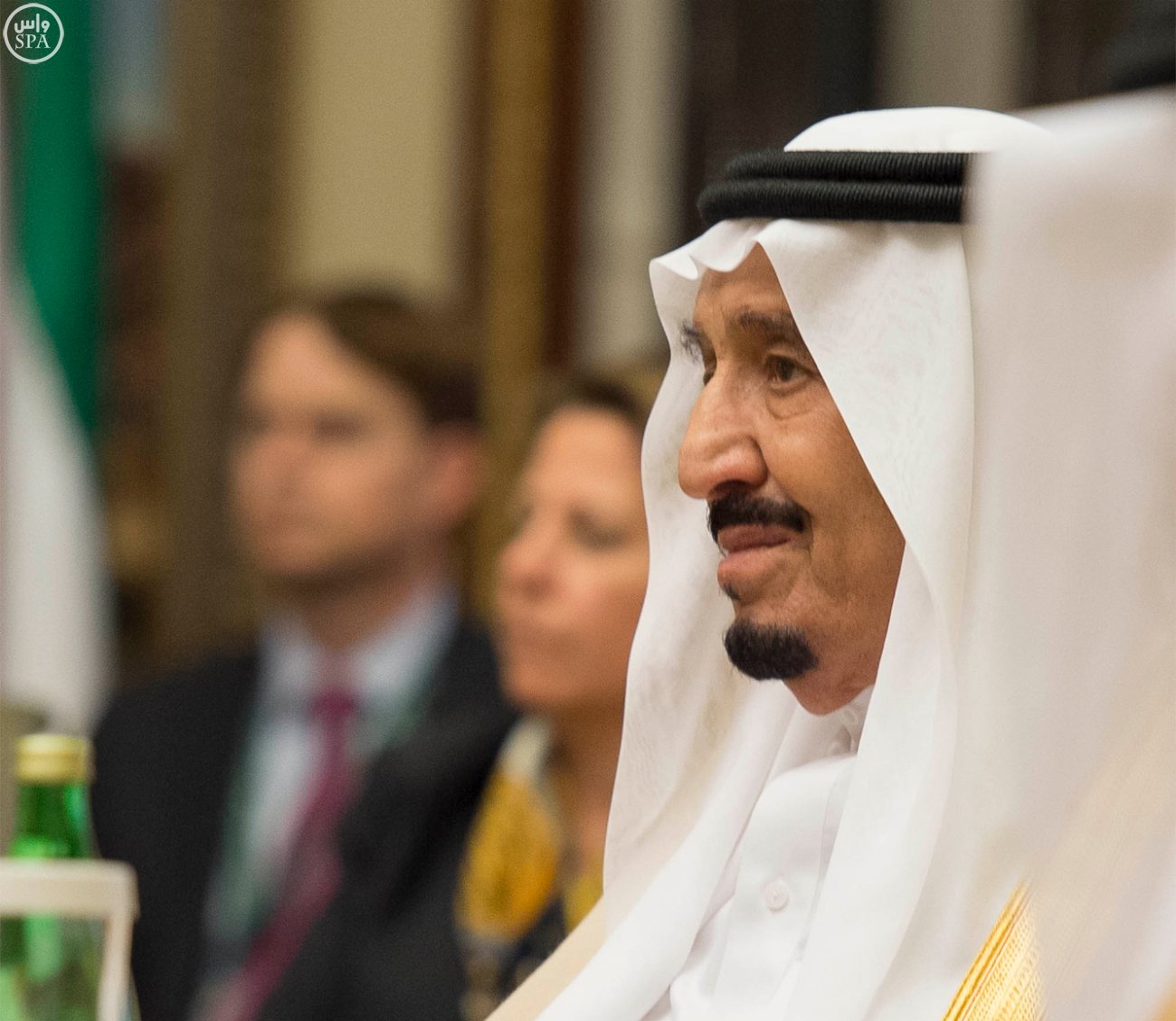Saudi women and champions of equal rights around the world embraced a decision by Saudi Arabia’s King Salman to allow women to drive for the first time, a landmark royal decree that will change the Kingdom’s economy and society in countless ways.
Saudi Women will now be able to legally apply for their own driving licenses without having to secure the permission of their male guardians. Thousands took to social media sites to praise the decision and congratulate each other on their newfound freedom. Saudi Arabia was the last country where women were not allowed to drive. drive.
The royal decree allowing women to drive was more than just a huge leap forward for Saudi women. With the decision, King Salman added a significant push to ongoing efforts to implement fundamental economic and social reforms. The decision complements and strengthen’s Vision 2030’s goals of activating all segments of Saudi society, reducing foreign labor and eliminating economic inefficiencies.
This morning, King Salman issued a royal decree ordering that women be able to drive next year.
The economic impact of the decision alone is significant and far-reaching. There are more than 1.3m men (almost all non-Saudi) employed as drivers in Saudi Arabia, according to a report issued by the official General Statistics Authority during 1Q 2017. The annual spend on foreign drivers was valued at more than SR25 billion ($6.7 billion) in salaries. Families and individuals with drivers will see measurable monthly savings in driver fees.
Additionally, car sales in the Kingdom may skyrocket as the market size doubles to include women. Ride-sharing apps like Uber and Careem may see a decrease in demand as women take to the roads themselves, while they also might see an increase in supply of drivers.
The royal decree did not specify if women will be allowed to drive for Uber or Careem as a source of income.
With a transportation obstacle removed, women will have one less obstacle to entering the job market in Saudi Arabia. Currently, more Saudi women are studying in universities than men, but they are not as widely employed as their male counterparts. Unlocking the potential of Saudi women is a key focus of Vision 2030.
At home and abroad, Saudis no longer have to explain with unease the social complexity involved behind a female driving ban. A go-to criticism of Saudi Arabia for many outsiders, the driving ban made for an easy talking point against a society that is actually changing and modernizing, but at its own pace.
Equality champions in Saudi Arabia can now pivot their focus to other issues facing Saudi women which are more in line with their peers internationally, including issues of equal pay and employment opportunities, a greater voice in society and governance, and more independence from a male guardianship system. But by gaining the ability to drive coupled with other major reforms in the last decade, Saudi women now hold more of their future in their hands than ever before.









